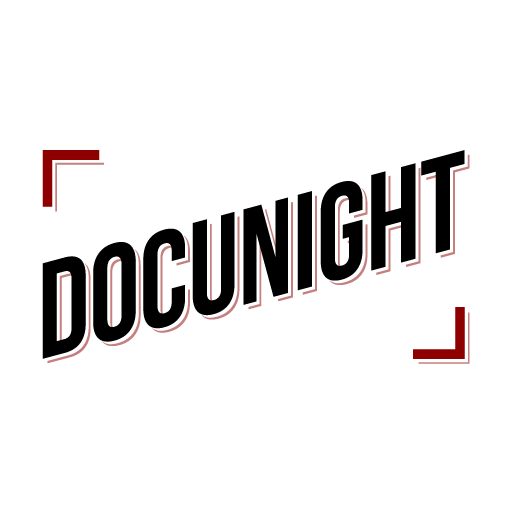As If It Were Yesterday: Seyed Reza Razavi’s Hidden
“Forty years ago? I drink tea and forget it after ten minutes!” Comments like this from Iranian citizens on their faded ability to recall their younger days come up in Seyed Reza Razavi’s Hidden (2019), as its team endeavours to unearth information about the Black Friday massacre of 8 September 1978 from first-hand witnesses. Such wry dismissals of the hold of a past spent in the thick of history’s paroxysms stem from more than the natural ravages of age, we sense. The personal dangers of memory linked with resistance and rocking the boat have engendered societal reticence and unspoken taboos.
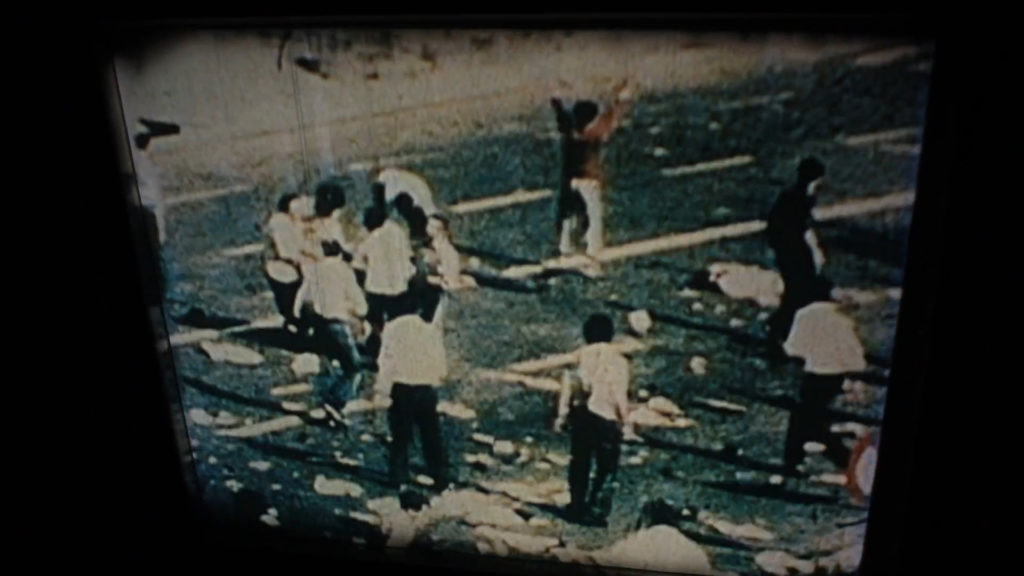
Some might equate distance from the past with less trouble in the present, but a persistent female documentarian, Raya Nasiri, is unconvinced that burying the truth helps anybody. She tries to get to the bottom of who shot the 27 seconds of Super-8 footage that persists as evidence of the atrocity. Dozens of protesters against the Shah’s regime were shot on Jāleh Square in Tehran during declared martial law by troops, as a populist struggle to overthrow the pro-Western monarchy with an Islamic republic under Ayatollah Khomeini played out. The footage of the panic and falling bodies, grainy but shockingly direct in its horror, has been used often, with little investigation into the source or how they came to be there filming that day. And what they felt when the live rounds began.
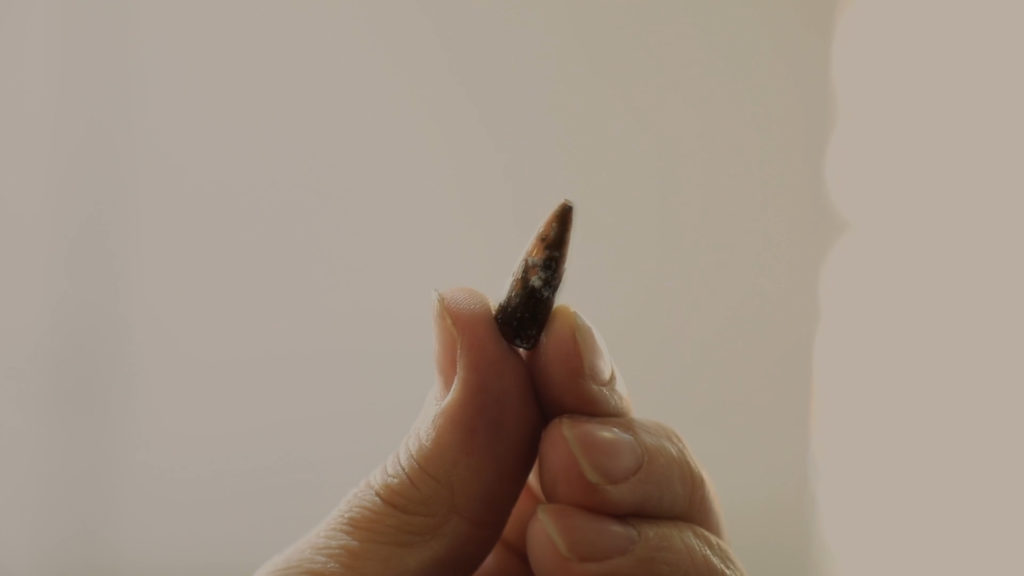
Ms. Nasiri eventually tracks down the cameraman: Mohammad Shoja’ee, who along with fellow student and amateur documentarian Ahmad Pasavand attended rallies to record them. She retraces their steps. They took the footage, unseen, from the window of a building they had forced their way into for refuge, and were narrowly missed by a stray gunshot that pierced the glass. Retrieving the bullet, which had lodged in the wall behind and was later plastered over in renovations, becomes a new exercise in tenacity, as she returns several times to the business. She tries to make the case for the importance of hammering into the facade to the managerial staff, who are wary of any controversial attention such a discovery might bring but humorously beleaguered by the relentless nuisance. Help and more revelations are slowly but surely teased out.
The intrepid students were not the only heroes in the production and preservation of the Super-8 footage. Fleeing the scene, and aware of the dire consequences of being caught with such an incriminating record in their possession, they entreated a female stranger to take their bag (which, unbeknown to her, contained the camera) and look after it for them. Returning three days later, they found she had travelled out of town for a prior appointment, keeping the camera with her despite the risk, “to keep safe what was entrusted to her.” Such selfless integrity in keeping one’s word is but one instance of the instrumental role women played in the Iranian revolution — a legacy of political consciousness that burns brightly today in Ms Nasiri and her active insistence on the witnessing and remembrance of lived experience.
